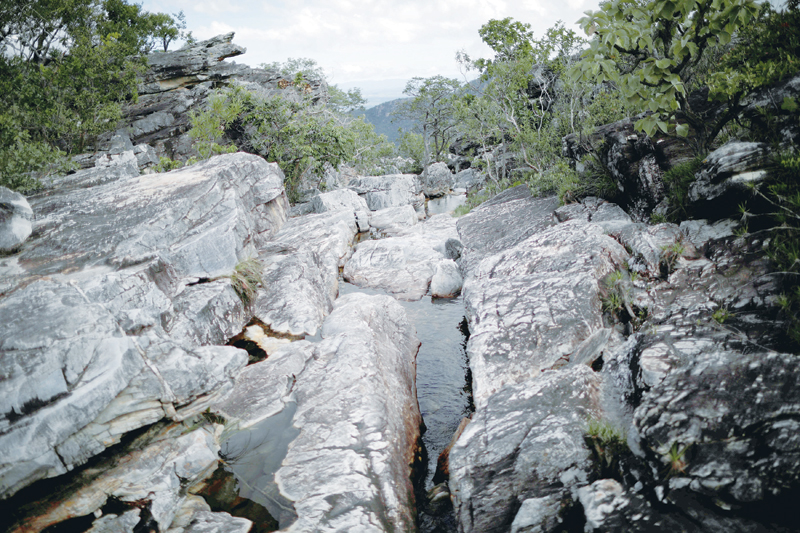

PARIS: Governments should focus on “greener” policies to improve the supply and quality of water as climate change and a growing global population threaten the water security of billions, the United Nations said on Monday.
In its 2018 World Water Development Report, the UN calculated that an estimated 3.6 billion people — nearly half the global population — live in areas where water can be scarce at least one month per year.
And this number could rise to 5.7 billion by 2050, the report warned.
“If we do nothing, some five billion people will be living in areas with poor access to water by 2050,” said Unesco Director-General, Audrey Azoulay, at the presentation of the report in Brasilia.
“This report proposes solutions that are based on nature to manage water better. This is a major task all of us need to accomplish together responsibly so as to avoid water-related conflicts,” she said.
Global water use has increased by a factor of six over the past century “and continues to grow steadily at a rate of about one per cent per year,” the report said.
And use is expected to rise significantly due to population growth, economic development and changing consumption patterns, among other factors.
“The vast majority of the growing demand for water will occur in countries with developing or emerging economies,” the report said.
At the same time, the global water cycle was intensifying due to climate change, “with wetter regions generally becoming wetter and drier regions becoming even drier.”
So-called “grey” or man-made water infrastructure — such as reservoirs, irrigation canals and treatment plants — were no longer sufficient to meet these challenges, said the report’s editor-in-chief, Richard Connor.
There is increasingly limited room to build more reservoirs because of silting, environmental concerns and restrictions, as well as the fact that in many developed countries the most cost-effective and viable sites had already been used, the UN argued.
“Nature plays a unique and fundamental role in regulating the different functions of the water cycle,” Connor said. — AFP
Oman Observer is now on the WhatsApp channel. Click here



